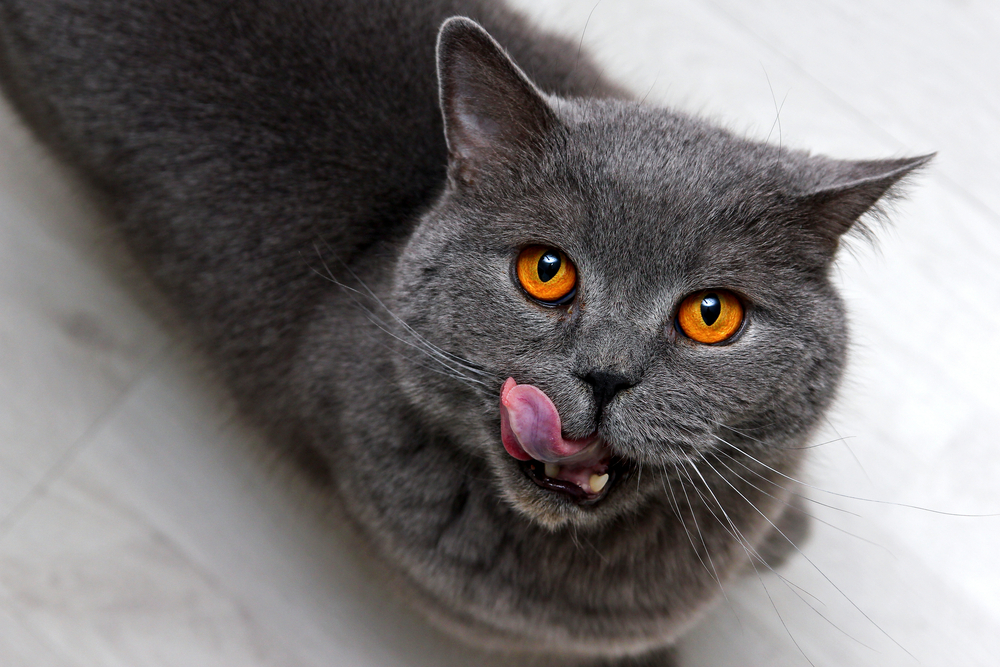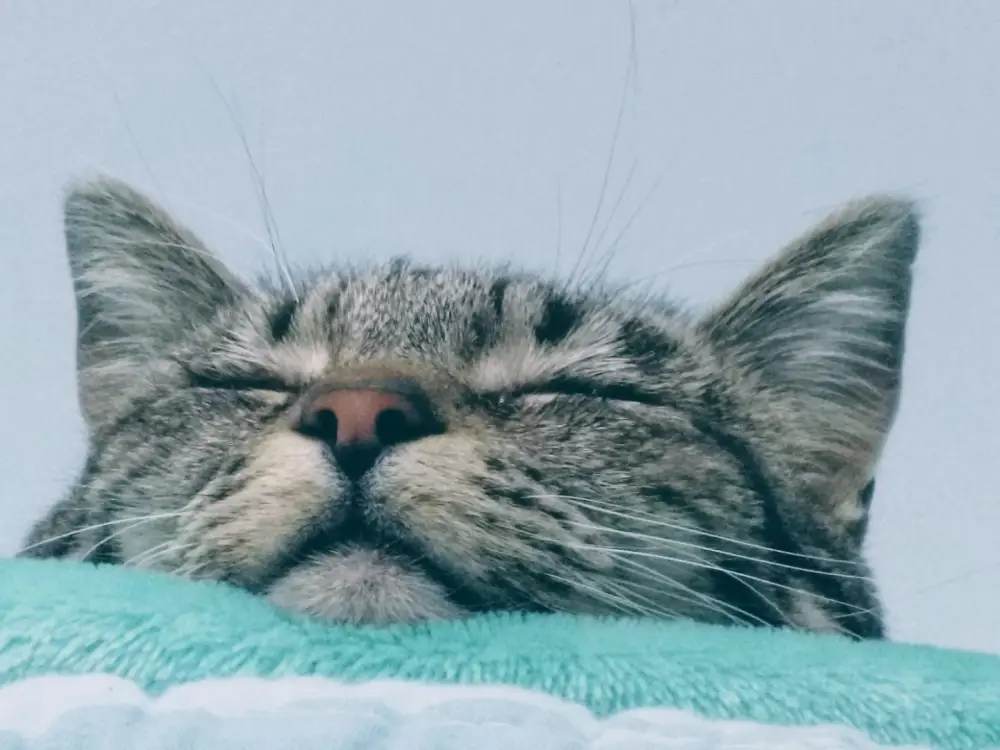The Best Diet For Cats
July 13th 2020
What Lurks in the Long Grass? #tinytigers
For most cat owners, the fact that we are actually harbouring a ‘tiny tiger’ in our home is a something that occasionally we’d like to turn a blind eye to. However, this month we are celebrating the impressive features of these natural born predators and looking at the domestic cat diets.
.
Our strong and agile ‘tiny tigers’ have lightning reflexes, a stealthy silent gait, razor sharp claws, long canine teeth, excellent night vision, highly attuned hearing and a superior sense of smell. As predators, cats are biologically programmed to require meat as part of their diet. They are quite different to us (and dogs) and as such are classified as obligate carnivores.
Cat’s Need Meat
If you are a ‘Carnivore’ you derive your energy and nutrients from a diet exclusively or mainly from animal tissue (meat). Cats require specific amino acids and vitamins in their diet which are essential for normal cell function; some of these can only be obtained naturally from animal tissue.
.
Arginine, Taurine, Cysteine and Methionine are amino acids used in lots of important processes in mammals but cats have to rely on a dietary source making them essential; this is not the case in dogs and humans as they can synthesis these molecules from others.
.
Deficiencies can cause serious disease, for example taurine deficiency can cause heart disease and blindness. Commercial cat diets have to follow strict guidelines to ensure that these molecules are present in minimal amounts to prevent deficiencies but they may not contain levels of nutrients high enough to actively promote health and longevity. Worse still, some diets can’t provide enough nutrition from the ingredients themselves and require artificial sources to supply amino acids and vitamins.
.
— As predators, cats are biologically programmed to require meat as part of their diet.
Armed with this knowledge of a cat’s unique biochemistry, we’re encouraging all owners to think of their ‘tiny tiger’ when choosing cat food. Check the back of food packets, pouches and tins and remember – a higher meat content is usually tastier and is more suited to the natural physiology of our feline friends.


 Shop Dog
Shop Dog
 Shop Cat
Shop Cat
 Vet Know-how
Vet Know-how Contact
Contact


